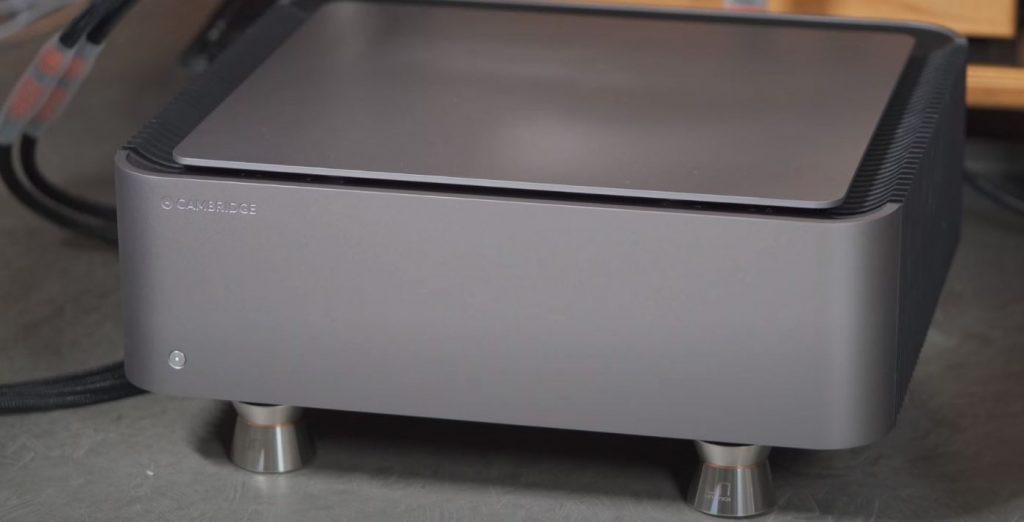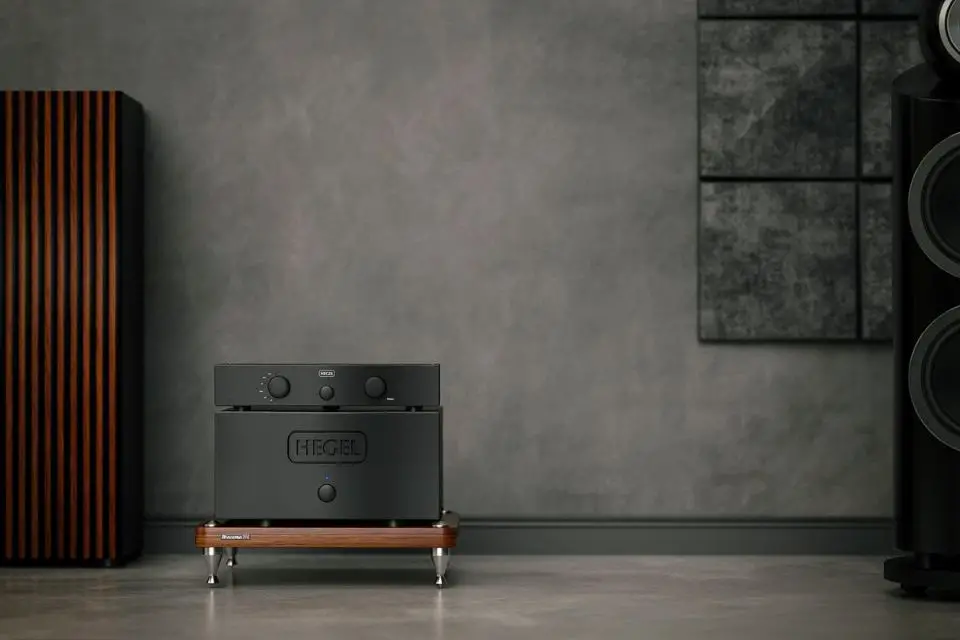Why Your Sound System Needs a Power Amplifier: A Comprehensive Guide
If you want to get the most out of your sound system, a power amplifier should be at the top of your list of essential equipment. Power amplifiers are critical to any sound system but often must be noticed or understood. In this comprehensive guide, we will explain why your sound system needs a power amplifier, the benefits of using one, how to choose the suitable power amplifier, and tips for setting up and using your power amplifier.
What is a Power Amplifier?
At its most basic level, a power amplifier is a device that takes an audio signal and increases its power to drive a speaker or a set of speakers. The power amplifier provides the muscle behind your sound system, ensuring your music is heard at the desired volume and quality. There are different types of power amplifiers, including solid-state and tube amps, but they all serve the same essential purpose: to amplify the audio signal and power your speakers.
Solid-state power amplifiers use transistors to amplify the signal, while tube amps use vacuum tubes. Both types have their own unique characteristics and sound qualities. Solid-state amplifiers are more efficient and reliable, while tube amps are known for their warm and rich sound. However, both amplifiers can produce high-quality sound, and their choice ultimately comes down to personal preference.
Benefits of Using a Power Amplifier
There are several benefits to using a power amplifier in your sound system. First and foremost, a power amplifier improves your music’s overall sound quality and clarity. By providing ample power to your speakers, a power amplifier can help your music sound fuller and more dynamic. Additionally, a power amplifier can increase the volume of your music without distortion, providing a higher headroom that allows you to hear every detail in your music.
Furthermore, a power amplifier can enhance the dynamic range of your music, allowing you to hear the subtle nuances and details that might be lost with a weaker amplifier. This is especially important when listening to music with a wide dynamic range, such as classical or jazz. With a power amplifier, you’ll hear the softest whispers and the loudest crescendos in your music without distortion or clipping.
Finally, a power amplifier can protect your speakers from damage by preventing clipping and distortion. When an amplifier is overdriven or pushed beyond its limits, it can cause the signal to clip or distort, damaging your speakers over time. A power amplifier with enough headroom can prevent this, ensuring your speakers remain in top condition for years.

What are the four types of power amplifier circuits?
There are four main types of power amplifier circuits:
- Class A Amplifier: Class A amplifiers are known for their simple design and low distortion. They use a single transistor to amplify the entire waveform, which results in high-fidelity sound and generates a lot of heat.
- Class B Amplifier: Class B amplifiers are more efficient than Class A amplifiers and use two transistors, one for the positive and one for the negative part of the waveform. They are known for their low distortion but are less linear than Class A amplifiers.
- Class AB Amplifier: Class AB amplifiers combine Class A and B amplifiers. They use two transistors like Class B amplifiers, but one is slightly biased to conduct some current even when there is no signal. This results in higher efficiency than Class A amplifiers and lower distortion than Class B amplifiers.
- Class D Amplifier: Class D amplifiers are also known as digital amplifiers and are the most efficient type of power amplifier. They use pulse width modulation (PWM) to convert the analog signal into a digital signal, amplified using high-frequency switching. Class D amplifiers are lightweight and compact but are more susceptible to electromagnetic interference.
Each type of power amplifier circuit has its advantages and disadvantages, and the choice will depend on the specific requirements of the audio system.
How to Choose the Right Power Amplifier for Your System
When selecting a power amplifier for your system, several factors must be considered. First, it’s essential to match the power amplifier to your speakers and other system components. You want to ensure that your amplifier has enough power to drive your speakers to their full potential but not so much power that you risk damaging them.
It’s also important to understand power ratings and impedance matching to ensure that your amplifier and speakers work together harmoniously. Power ratings refer to the amount of power an amplifier can deliver to your speakers, measured in watts. Impedance matching refers to the compatibility between your amplifier’s output impedance and your speaker’s input impedance. Matching these two values can help prevent distortion and ensure optimal performance.
Finally, you’ll want to consider your budget and the type of music you listen to when selecting a power amplifier. A wide variety of power amplifiers are on the market, ranging from budget-friendly options to high-end models. Consider your budget and the type of music you listen to when selecting a power amplifier, as different types of music may require other amplifier characteristics.
Tips for Setting Up and Using Your Power Amplifier
Once you’ve selected a power amplifier for your system, there are a few things to remember when setting it up and using it. Proper placement and wiring of the amplifier are crucial to getting the best possible sound quality. Ensure your amplifier is placed in a well-ventilated area, away from other electronics that may cause interference. Ensure your wiring is matched and secure to prevent loose connections or interference.
When using your power amplifier, it’s essential to start with the volume low and gradually increase it to prevent any damage to your speakers. Additionally, be mindful of the type of music you’re listening to and the volume level, as certain classes may require more power than others. Finally, regularly clean and maintain your power amplifier to keep it in top condition.
Conclusion
In conclusion, a power amplifier is essential to any sound system. By amplifying the audio signal and powering your speakers, a power amplifier can improve your music’s overall sound quality, dynamic range, and volume. When selecting a power amplifier, it’s essential to consider factors such as power ratings, impedance matching, and your budget. Also, proper placement and wiring of your power amplifier and careful use can help ensure optimal performance and longevity.
You can enjoy high-quality music at any volume by understanding the benefits of using a power amplifier and selecting the right one for your system.
